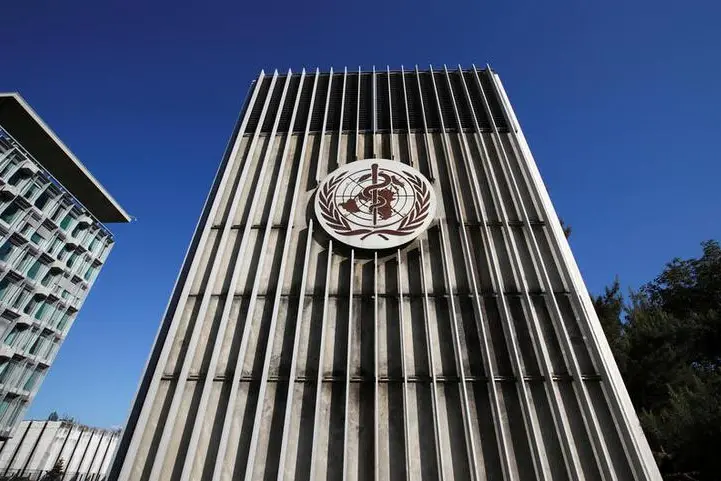PHOTO
More than half a billion people globally were pushed into extreme poverty last year as they paid for health costs out of their own pockets during the height of the COVID-19 pandemic, the World Health Organization and the World Bank said on Sunday.
The pandemic disrupted health services globally and triggered the worst economic crisis since the 1930s, making it even more difficult for people to pay for healthcare, according to a joint statement from both the organizations.
"All governments must immediately resume and accelerate efforts to ensure every one of their citizens can access health services without fear of the financial consequences," WHO Director-General Tedros Adhanom Ghebreyesus said.
Tedros urged governments to increase their focus on health care systems and stay on course towards universal health coverage, which the WHO defines as everyone getting access to health services they need without financial hardship.
Healthcare is a major political issue in the United States, one of the few industrialised countries that does not have universal cover for its citizens.
Globally, the pandemic made things worse and immunisation coverage dropped for the first time in ten years, with deaths from tuberculosis and malaria increasing.
"Within a constrained fiscal space, governments will have to make tough choices to protect and increase health budgets," Juan Pablo Uribe, global director for health, nutrition and population at World Bank, said.
(Reporting by Manas Mishra in Bengaluru; Editing by Shounak Dasgupta) ((Manas.Mishra@thomsonreuters.com; www.twitter.com/Manasmishra24; within U.S. +1 646 223 8780))





















